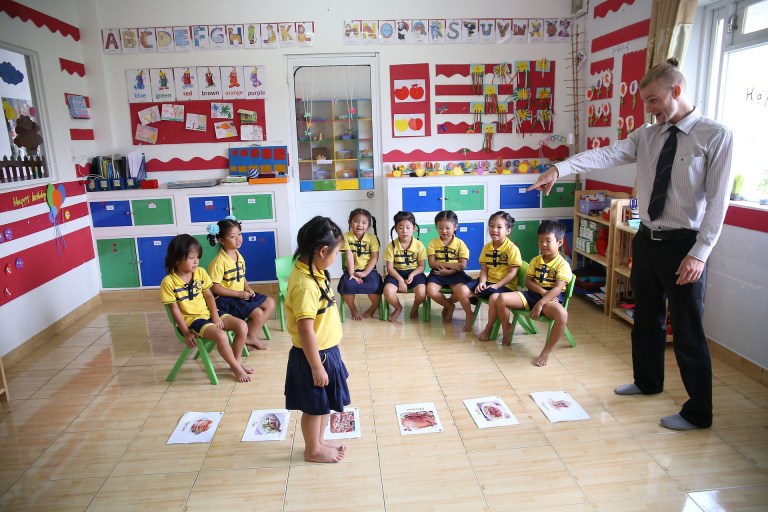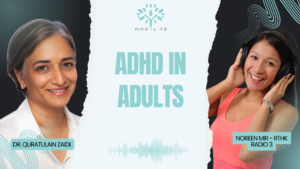Academic pressure is a major source of anxiety and stress for many children and teens. As a parent, you want what is best for your child. Here are a few pointers to help you ease the academic pressure your child might be feeling.
- Have a stress free homework routine. After school allow your child or teen to have a snack. Food will help them to be in a better mood and help their brain concentrate better. It is difficult to think when you are hungry. Set a regular routine where after they eat, do homework, and then they can be rewarded with play or exercise.
- Allow your child breaks. The brain can only focus for certain amounts of time. Children have a shorter attention span than adults. If your child is having a difficult time sitting still, make a game out of the homework. Say, “If you can focus and do this worksheet properly, you can have two minutes to play, or do whatever you like. When I count to ten, we resume the homework again.”
- Take the pressure out of the home. Everyone has strengths and weaknesses. If your child is struggling in math, do not add more pressure by shouting or punishing them. Sit down next to them and patiently explain it to them. If you are unable to be patient with them, hire a patient tutor. Speak kindly to your child. When your child is calm, they can think better.
- Allow play and exercise for added focus and brain power. Your child or teen needs to play and exercise in order to sit through school. Exercise increases blood flow to the brain making it easier to focus and learn. Children need to play to reduce stress.
Stress reduction. Anxiety and stress hinder learning because the fight or flight system is activated. Anxiety and stress make it difficult to focus and learn. Stress and anxiety can be reduced in different ways, such as play, art, exercise and breathing techniques. Allow your child to open up to you and express how they are feeling without judgement and punishment.
Sleep. Make sure your child or teenager is getting enough sleep at night. Lack of sleep makes it difficult to learn. - Proper nutrition. Too much sugar will create fatigue and shorten attention span. Proper nutrition and diet lead to a healthy body and brain.
Remain calm. The calmer you are, the calmer your child will be. This enables a better learning environment in and outside of the home. - Decrease screen time. Overstimulation from the iPad, television, computer, video games and phone decrease attention. Limit the amount your teen or child is allowed to use these electronic devices.
Dr Monica Borschel is a US-trained Clinical Psychologist who specialises in loss and attachment. Reach out to Dr Borschel: [email protected]
Facebook: https://www.facebook.com/drmonicaborschel
Website: https://doctormonicaborschel.com/







